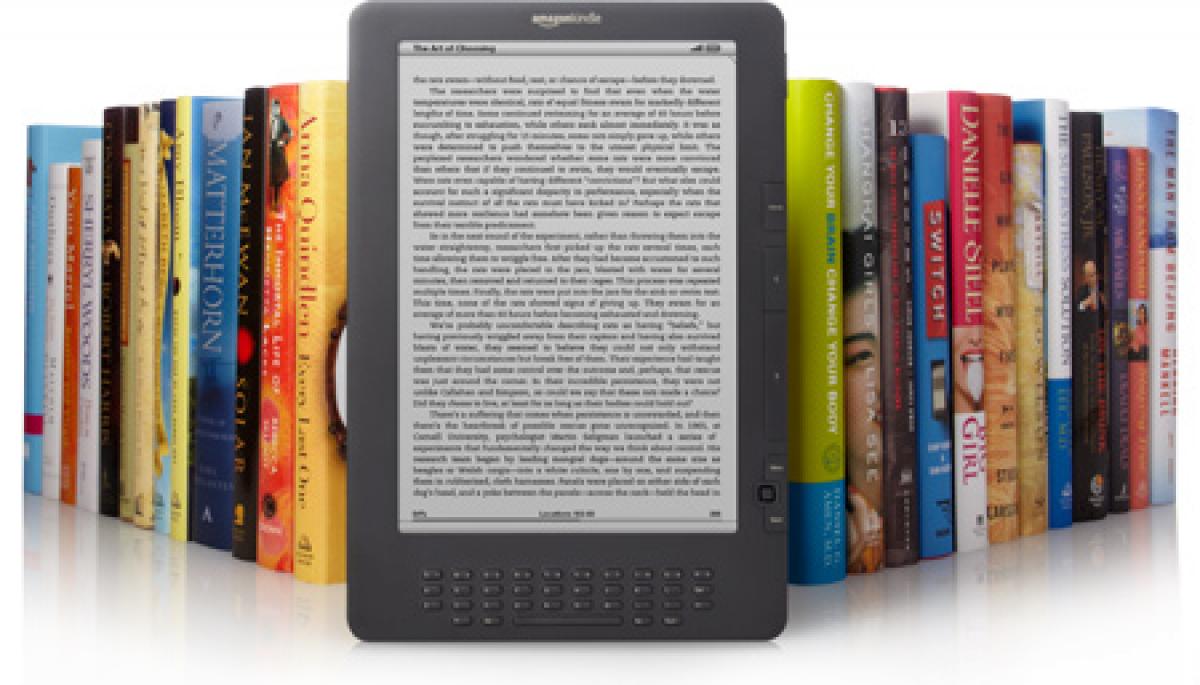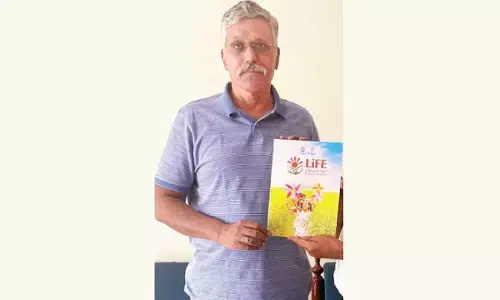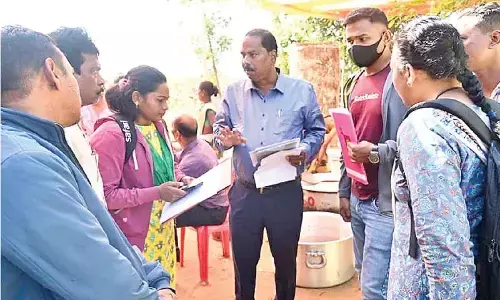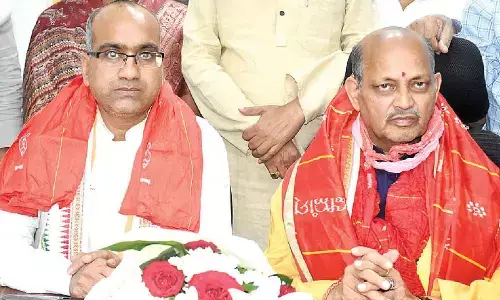Where to download Tamil books for free?

He publishes ebooks. He uploads millions of words to cyberspace -- and he\'s proud that he charges zilch for this, even though some of the have seen over 150,000 downloads.
Chandigarh: He publishes ebooks. He uploads millions of words to cyberspace -- and he's proud that he charges zilch for this, even though some of the have seen over 150,000 downloads.
Thirty-three-year-old T. Shrinivasan, an instrumentation engineering alumni from the University of Madras, runs the freetamilbooks.com site.
The site, which turned three last month, already has a collection of over 260 ebooks in Tamil, a language with 70 million speakers, making it the 20th largest of the planet. Apart from Tamil Nadu, where it is primarily spoken, the language has official status in tiny Puducherry, nearby Sri Lanka and distant Singapore.
Unlike the offerings of other gold-diggers on the ebooks trail, all titles here are available for free download. "Our most popular title saw as many as 150,000 downloads. On average, each ebook on the site gets some 10,000 downloads," Shrinivasan told IANS on the sidelines of the Wikiconference 2016 here.
"Thevaaram", the most popular title, is a two-millennia-old text of devotional works of the three most prominent Tamil religious figures and is still very popular among Tamil readers, he says.
Many other contemporary texts are related to poetry, short stories and the like. "We have only a few on science, research articles, and even on Free computing technologies like PHP, Linux and MySQL," he says.
Shrinivasan says his encounter with ebooks began after he read an article stressing their potential written by Atul Chitnis, the tech guru from Bengaluru who virtually sparked off a digital revolution among the 1990s generation and organised many national level Open Source conferences before dying young of cancer in June 2013.
On buying a Kindle device, Shrinivasan, however, realised that the US-origin e-reader designed and marketed by the online global bookselling giant Amazon.com was then unable to read Tamil books. "So, what's its use, I thought?"
His goal was to create ebooks that could be read on "all digital devices".
Using a simple workaround, he found how the Libre Office software allowed him to create PDF files in 9 x 12 centimetre format. Such PDF (portable document format) files could be transferred and read on the Kindle. PDF is a file format used to present documents in a manner independent of application software, hardware and operating systems.
That way, he says, they managed to take Tamil-script ebooks to virtually all mobile and other devices -- Kindles, Nooks, Android, phablets, tablets, desktops and smart phones.
He next thought of collecting content from interesting blogs, and using pressbooks.com could easily convert these into ebooks. He also experimented with Free Software tools -- some of which are world class -- like Calibre, Sigil and the like.
But while he could keep these in his personal collection, he could not share them. So he got around to calling for volunteers -- and also convincing authors of the benefits of sharing their content.
"Now, the authors are very happy. Most potential authors have a very frustrating process of getting into print. Here, they get readers from all over the world. Besides, if they write 10 books, they need not put all out there for free. "A free online sample of their writing acts as an effective visiting card for the writer," says Shrinivasan.
He stresses on the need to promote the reading habit being steadily eroded due to "Facebook, television and video". He is also into teaching authors to create their own ebooks, specially those elders afraid of technology. He wants to take this approach to other cities and, if possible, to other languages too. Convincing authors that this can be a viable model for their writing is half of the job, he feels.
From his base at Tambaram, the gateway to the city of Chennai, otherwise better known for its railway station, Shrinivasan says while the online-operated freetamilbooks.com project has 15 volunteers, some "come and go because copy-pasting can be very boring work... unless you understand the importance of creating and sharing knowledge".











